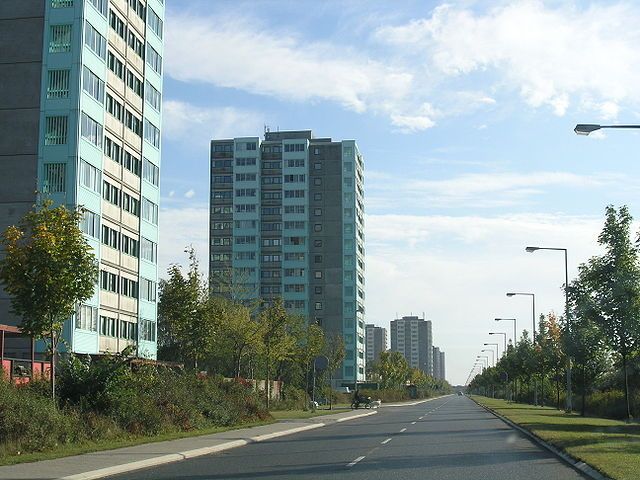In two neighbourhoods in different parts of the country, immigrants and their descendants now make up the largest share of the population.
Out of the 14,754 citizens living in Brøndby Strand (postcode 2660), 7,254 are of Danish origin, while 7,500 people are either immigrants or their descendants who were born in Denmark. This means that 51 percent of the citizens in Brøndby Strand are not defined as being of Danish origin.
In Odense (postcode 5240), immigrants and their descendants also constitute more than half the residents. Some 8,645 are of Danish origin, while 8,749 are either immigrants or their descendants.
Paler neighbourhoods
At the other end of the spectrum, in Strandby in northern Jutland (9970) and Bjert just outside Kolding (6091), people of Danish origin make up 98 percent of the population.
To be defined as a person of Danish origin, at least one parent must have been born in Denmark and be a Danish citizen.
Immigrants are defined as those born abroad as the offspring of parents who were not born in Denmark, but might have gone on to acquire Danish citizenship.
Descendants are those born in Denmark as the offspring of parents who were not born in Denmark, but might have gone on to acquire Danish citizenship.
A numbers game
On Thursday February 9, Parliament is scheduled to discuss a bill that would grant Danish citizenship to a maximum of 1,000 applicants a year.















